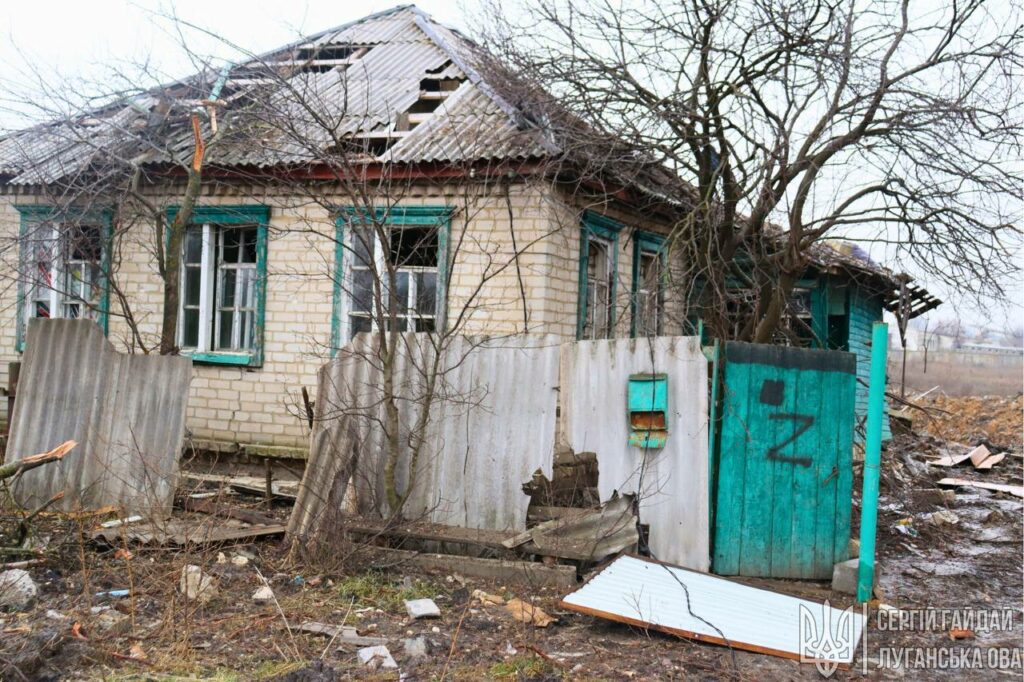Over a quarter of internally-displaced people questioned by the International Rescue Committee (IRC) in Ukraine state that they do not have access to sufficient heating, the organisation announced in a press release on 19 December. Following waves of Russian shelling of Ukraine’s energy infrastructure and civilian targets, 61.3% report that their houses are in need of repair.
Millions of Ukrainians are living with frequent power, electricity, heating, and water shortages caused by Russian bombardment. Human Rights Watch has previously warned that Russia’s attacks against energy infrastructure were “in violation of the laws of war.” Attacks against Ukraine’s energy infrastructure have led to the deaths of at least 77 civilians and 272 injuries.
Around half of Ukraine’s energy infrastructure has now been destroyed by Russian attacks. Ukraine’s Ministry of Energy and grid operators are struggling to repair electricity substations and power generation sites. The UN has warned that the situation is particularly serious for around 10 million people living near the front line of the invasion.
The lack of power, electricity, and mobile connectivity, and water is severely complicating the efforts of humanitarian groups operating on the ground in Ukraine. Aid workers are unable to contact local partners, suppliers, and clients, delaying the delivery of life-saving assistance.
“Our teams are determined to stay and deliver, amidst blackouts and freezing winter temperatures. To date, thousands of people in Ukraine have received IRC’s emergency kits of basic essential items, including sleeping bags and warm blankets,” said Michael Despines, the IRC’s Regional Director for the Ukraine Crisis.
Humanitarian crisis
Temperatures have been well below zero in many parts of Ukraine, including the war-torn East. Without supplies, vulnerable Ukrainians risk dying of exposure. As of 30 November, the IRC has reached over 400,000 individuals in Ukraine with humanitarian assistance. Over 62,000 people received emergency kits with basic goods, including sleeping bags and blankets.
“On top of conflict-related destruction, low temperatures can cause damage to power lines and failure of heating systems, putting the entire population at even more risk,” Despines added.
Displaced Ukrainians interviewed by the IRC said that Russian bombardment and adverse weather conditions had made it impossible to carry out repairs to their homes caused by Russian shells and rockets.
Related News
- Power supplies restored to nearly 6 million Ukrainians
- EU adopts new package of sanctions against Russia, continues to be soft against Iranian drones
The IRC has warned that these compounding factors could lead to a serious deterioration of the humanitarian situation across Ukraine. Local authorities are already warning that major urban centres are expected to be without electricity for months. Ukrainian officials are dissuading Ukrainian refugees from returning to Ukraine, in order to avoid straining the fragile Ukrainian power grid.
“Robust international support has prevented the worst-case scenario from occurring in Ukraine, but that will only remain true as long as donors continue to adequately support the humanitarian response. We are in a race against the clock as the temperatures plummet across Ukraine- people are freezing and we need to do more,” the IRC official said.
Over the next few weeks, the IRC hopes to deliver winter kits to almost 22,500 people in Ukraine, as well as equip 500 homes with solid fuel stoves and fuel, provide 4,500 homes with emergency repairs, supply 1,400 people with warm clothes, and equip 4,500 homes with heaters.

